 |
 |
 |
 |
 |
 |
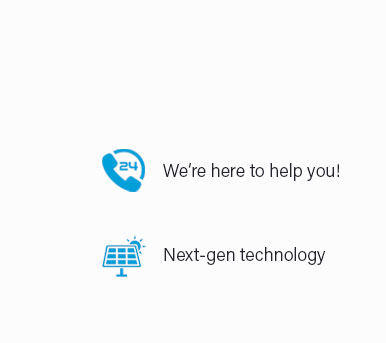 |
 |
 |
 |
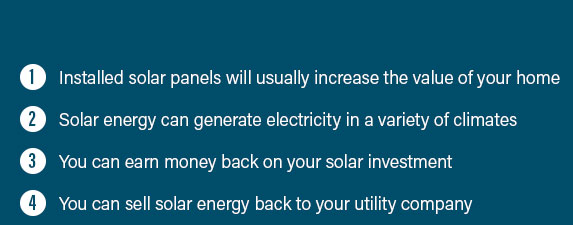 |
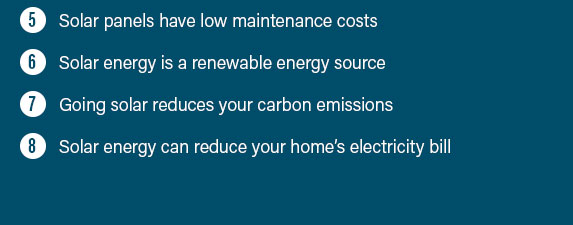 |
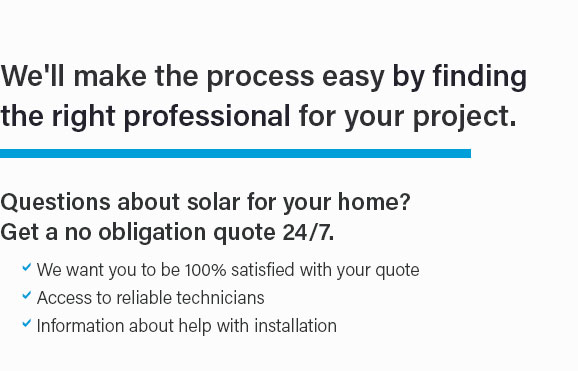 |
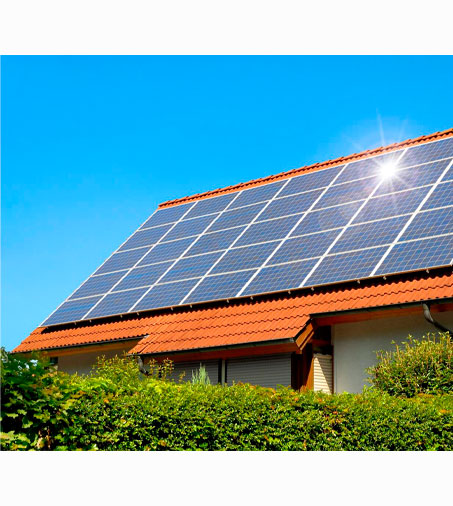 |
|
 |
 |
 |
Exploring the Benefits and Use Cases of Solar Energy SystemsIn recent years, the popularity of solar energy systems has skyrocketed, largely due to the increasing awareness of environmental issues and the desire to transition to sustainable energy sources. Solar energy, derived from the sun's rays, is not only renewable but also abundant, making it a highly attractive option for both residential and commercial use. These systems have been praised for their ability to significantly reduce electricity bills, decrease carbon footprints, and provide energy independence, which is particularly appealing in an era where energy prices are unpredictable and fossil fuels are on the decline. One of the most compelling advantages of solar energy systems is their ability to provide long-term financial savings. While the initial investment can be substantial, the return on investment is often seen within a few years, thanks to reduced electricity costs and various governmental incentives. Tax credits, rebates, and subsidies are commonly offered to homeowners and businesses alike, easing the financial burden of installation. Moreover, as technology advances, the cost of solar panels continues to decrease, making them more accessible to a broader audience. Beyond financial benefits, solar energy systems offer environmental advantages that cannot be overstated. By reducing reliance on fossil fuels, they play a critical role in decreasing greenhouse gas emissions, thus combating climate change. Unlike traditional energy sources, solar power generation is free from pollution and harmful emissions, making it a clean alternative that helps preserve natural ecosystems. This aspect is particularly appealing to environmentally conscious individuals and organizations striving to meet sustainability goals. In terms of practical applications, solar energy systems are remarkably versatile. For residential properties, they provide a reliable source of power that can be used to run household appliances, heat water, and even charge electric vehicles. In remote or off-grid locations, solar systems can be an invaluable asset, providing electricity where traditional power lines are unavailable or impractical. Commercially, businesses can leverage solar energy to power operations, reduce overhead costs, and enhance their brand image by showcasing their commitment to sustainability.
While solar energy systems are not without their challenges-such as dependency on weather conditions and the need for substantial upfront investment-their benefits far outweigh these drawbacks. As energy storage technologies improve, and as more people recognize the long-term advantages of going solar, the adoption of these systems is expected to continue its upward trajectory. In conclusion, solar energy systems represent a promising and practical solution for those seeking to harness the power of the sun, offering a path toward a more sustainable and economically stable future. https://www.sciencedirect.com/topics/engineering/solar-energy-system
Solar energy systems are the best alternative of conventional power plants. Recent technology such as artificial intelligence, machine learning, cloud ... https://www.energy.gov/eere/solar/how-does-solar-work
Solar technologies convert sunlight into electrical energy either through photovoltaic (PV) panels or through mirrors that concentrate solar radiation. https://www.solaresystems.com/
Solar Energy Systems (SES) is a Brooklyn-based solar company, developing, financing, designing, engineering, installing, operating and maintaining (O&M) ...
|